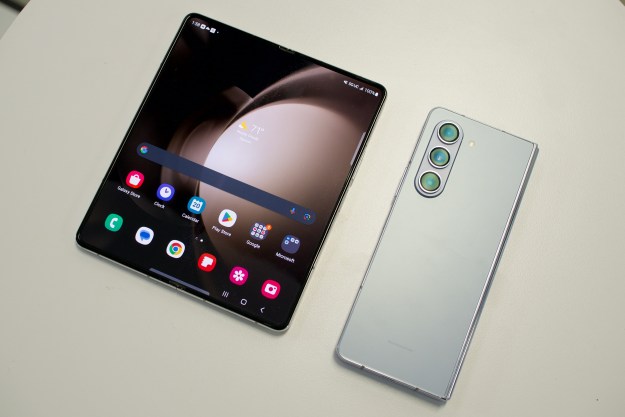The move by the Web giant comes just weeks after Apple announced it was acquiring on-demand music service Beats Music for $3 billion. The terms of this latest deal aren’t currently known, though various reports have suggested Google paid far less than Apple – possibly as little as $40 million.
In a post on Google Play announcing the deal, the Mountain View company said it’s not planning any immediate changes to Songza, “so it will continue to work like usual for existing users.”
However, it added that “over the coming months” it’ll be exploring ways “to bring what you love about Songza to Google Play Music,” indicating it plans to integrate some or all of Songza’s features into its own music service.
Google also said it was keen to “bring their great work to the music experience on YouTube and other Google products,” further confirming that the purchase was as much about getting hold of the talent and the technology behind Songza as it was about acquiring the music service itself.
Songza, on its website, also reassured its current fans that no immediate changes were in the pipeline as a result of its move to Google, “other than making it faster, smarter, and even more fun to use.”
New York-based Songza has actually been around a while, launching in 2007, though the service was overhauled in 2011 to offer an improved experience for users, with changes that included the hiring of a number of music experts to help curate better playlists.
The service has built up a steady following in North America, with its five million or so users given access to customized playlists based on a range of contextual factors. ‘Concierge’, a feature it rolled out in 2012, takes account of things like time of day, date and a user’s activity to select relevant tracks, while earlier this year it went further down the contextualizing path when it teamed up with the Weather Channel to work its data into playlist selection.
With millions of songs to choose from across a myriad of music streaming services, the accuracy of suggested playlists according to a user’s music tastes is of paramount importance if the service is to remain popular. Google evidently believes in Songza’s system, a system which could also be used to serve up recommendations for other products in its Google Play store, ultimately helping to lock users into its Android ecosystem.
Editors' Recommendations
- Apple Music vs. Spotify: Which music streaming service is the best?
- There’s a cheap Pixel phone you should buy, and it’s not the Google Pixel 8
- Apple Music still trails Spotify as growth continued for music streaming in 2019

